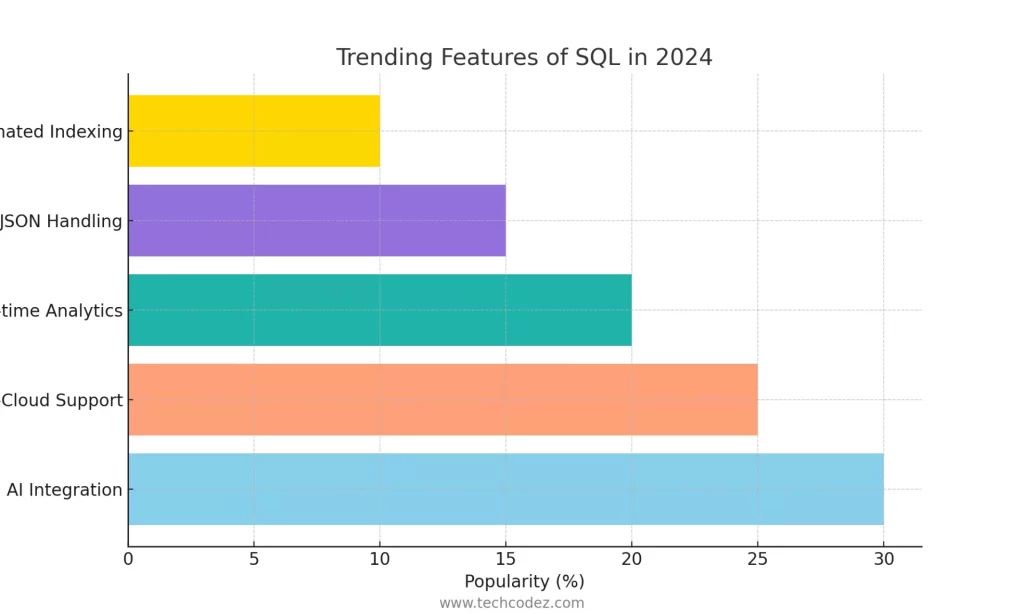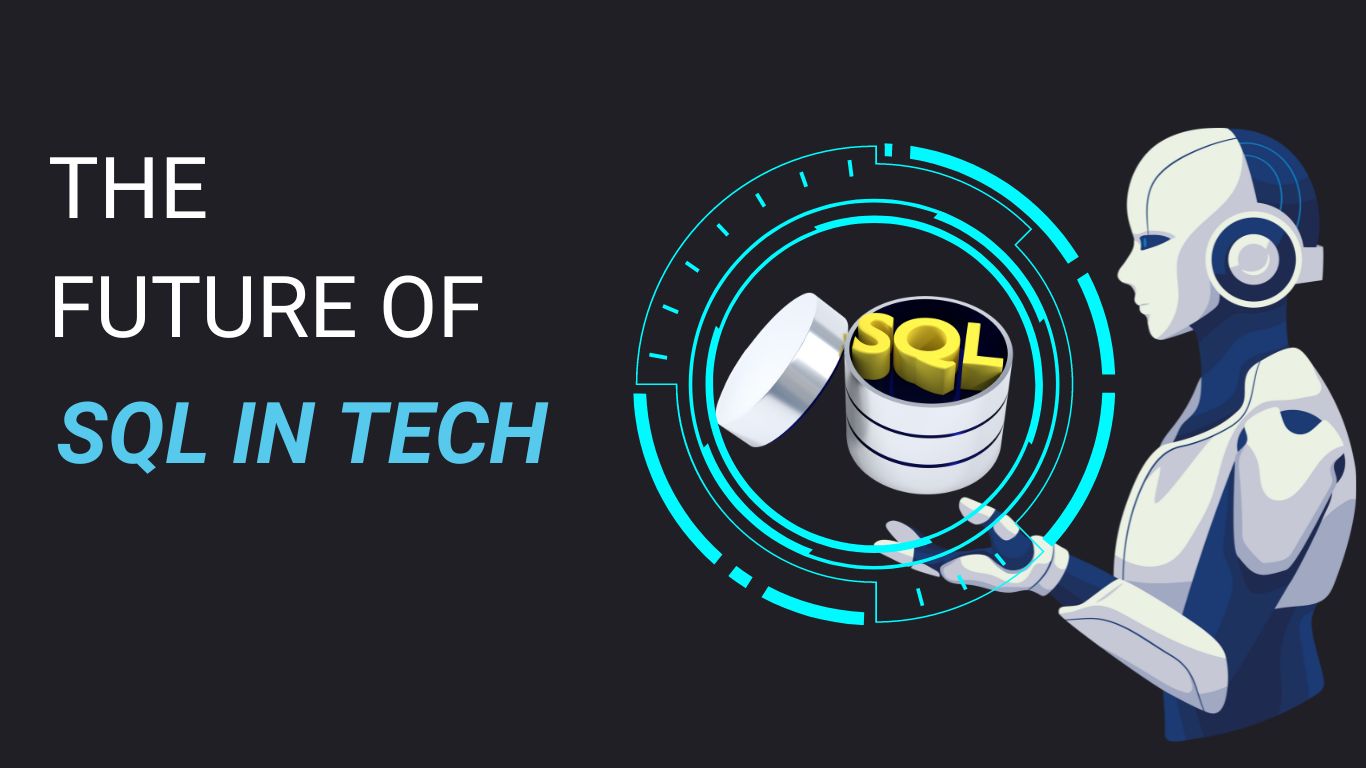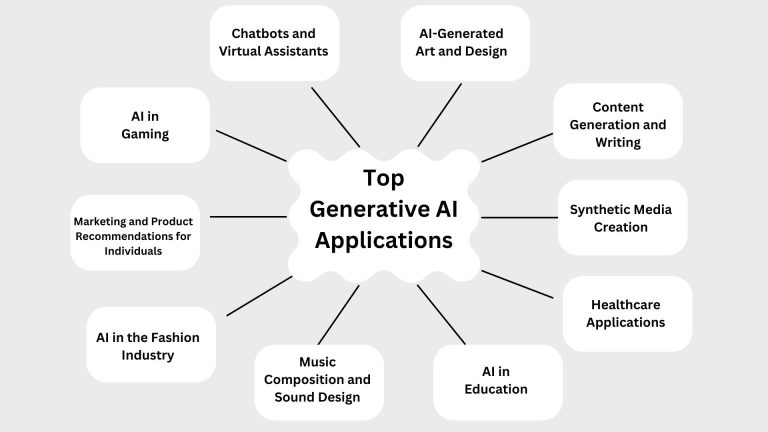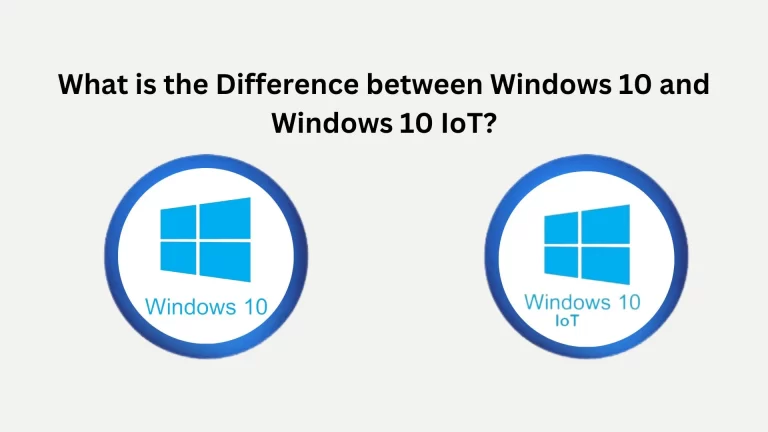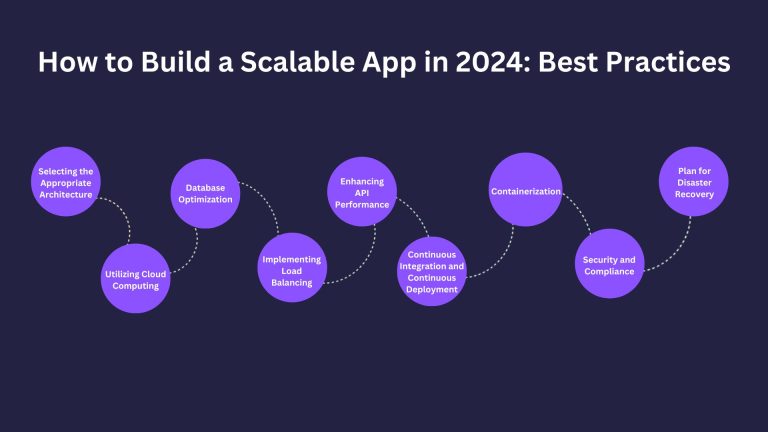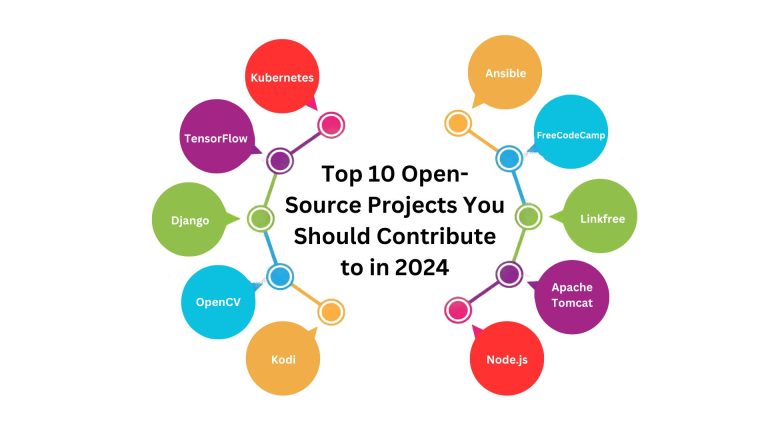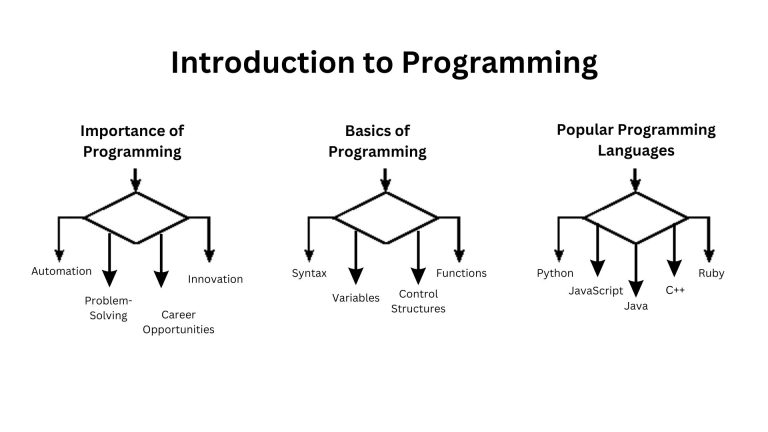The Future of SQL : Trends, Innovations, and Opportunities in 2024
The Future of SQL looks promising, with new trends and innovations keeping it at the forefront of data management. In 2024, SQL continues to be an essential tool, enhancing efficiency and reshaping how businesses handle their data globally . Despite the constant change in the field of technology, SQL continues to be an essential and reliable language for databases and querying. Looking ahead, one may consider; whether will SQL continue to integrate into new technologies and advances or will be surpassed by other technologies.
The following analysis focuses on the developmental pattern of SQL, the innovations and trends of its development and the problems SQL may encounter. You can Download SQL
What is SQL (Structured Query Language)
SQL or Structured Query Language can be described as an essential tool to work with and modify relational databases. Become the most used language for DBMSs. It allows users to search for, modify, add or remove data in a database and is crucial to businesses that depend on data. Essentially, SQL enables one to communicate with the databases. Regardless of the role of data analysis that deals with big data, development of applications and/or administration of the database, the use of SQL is inevitable.
Future of SQL Emerging Trends in SQL
if we are talking about future of sql There are several trends today that are paving the way for the evolution of more advanced SQL systems and the possible extensions of their usage.
Interoperability with Big Data Solutions
SQL is progressing as big data expands and incorporating it with the big data technologies such as Hadoop and Spark. Apache Hive and Apache Impala are SQL-on-Hadoop engines preferred more and more by users since they enable SQL queries on vast datasets in Hadoop. This integration allows organizations to leverage the ease of using SQL for querying and analyzing huge amounts of data quickly.
Cloud-Based SQL Solutions
With the advancement in technology specifically the adoption and evolution of cloud computing, Future of SQL is also shifting to the cloud as well. The solutions provided by cloud-based SQL databases are scalable and flexible and businesses do not have to worry about the infrastructure. Such services have high availability, automated backups and disaster recovery which are advantageous for any company regardless of its size. Also, the cost structure of many cloud services, such as the pay-per-use model, enables organizations to adapt the use of databases to their needs, thus achieving efficiency in the allocation of costs and resources.
Machine Learning and AI Integration
Machine learning and AI tools are also being incorporated into SQL to develop the possibilities of big data analysis. Current tools such as SQL Server Machine Learning Services, and Google Big Query ML are capable of running machine learning directly on the database system. This integration allows data scientists and analysts to transform data, develop predictive models and make inferences without moving data from one system to the other. Therefore, it is possible to enhance the use of AI and ML to balance the SQL database for faster and more accurate decisions for the business.
SQ NoSQL and SQ LS Hybrid Solutions
Over the years, a new trend has developed, known as the hybrid databases; this means that there is a blurred line between SQL and NoSQL. As mentioned earlier, there are systems such as Azure Cosmos DB and Amazon Aurora that integrate the best of SQL and NoSQL, allowing users to work with structured relational data, as well as unstructured and semi-structured data. Therefore, hybrid databases that combine SQL and NoSQL functionalities allow organizations to fine-tune their processes and release creativity.
Challenges Facing SQL
If we are talking about Future of SQL there are Some challenges as well . Despite many advantages, SQL faces several challenges that could influence its future:
Scalability
As we have seen, SQL databases are powerful structures; nevertheless, they can face some scalability issues when dealing with Big Data or real-time feeds. That is why NoSQL databases usually have more advantages when it comes to flexibility and scalability in such cases.
Complexity of Management
Handling SQL databases can sometimes be cumbersome as it involves certain technologists and skills. Therefore, with the advancement of data systems, the need for qualified Database Administrators and Developers rises.
Integration with Modern Technologies
SQL integration with new fields such as blockchain, IoT and sophisticated AI systems is a major concern. SQL has to evolve to meet the ever-increasing demand in the evolving technological environment.
This blog shows that SQL remains a critical language in the technology world, but it has to adapt to new complexities and threats. That is why its integration with big data, cloud computing and AI is possible. However, having such systems adds scalability and management concerns. Recognizing these dynamics will be important for SQL to carry on being an important tool in the management and creation of data.
Future of SQL – Adoption Of SQL Vs NoSQL Databases In 2024
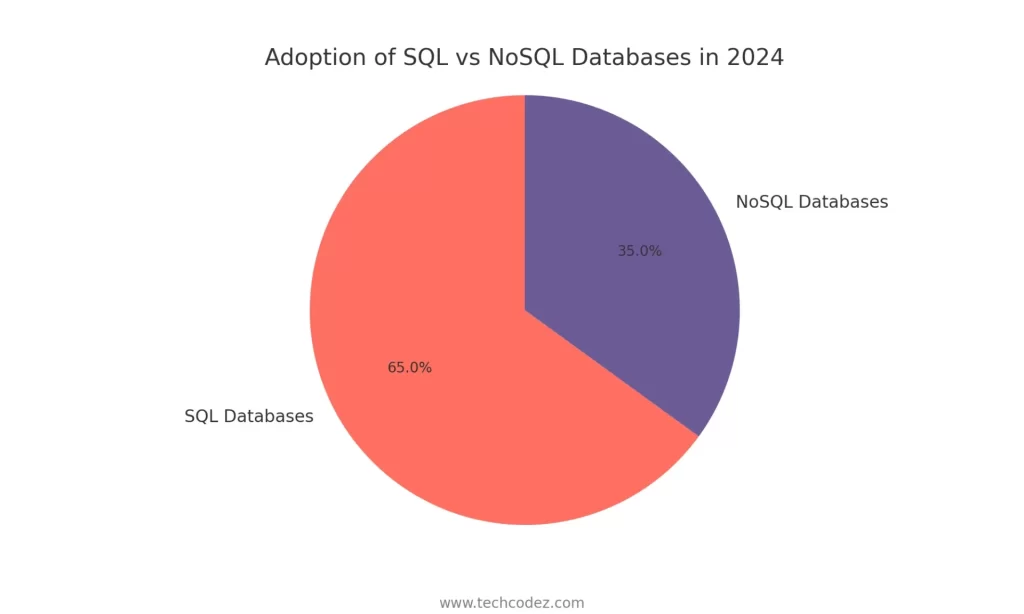
Trending Features Of SQL In 2024
